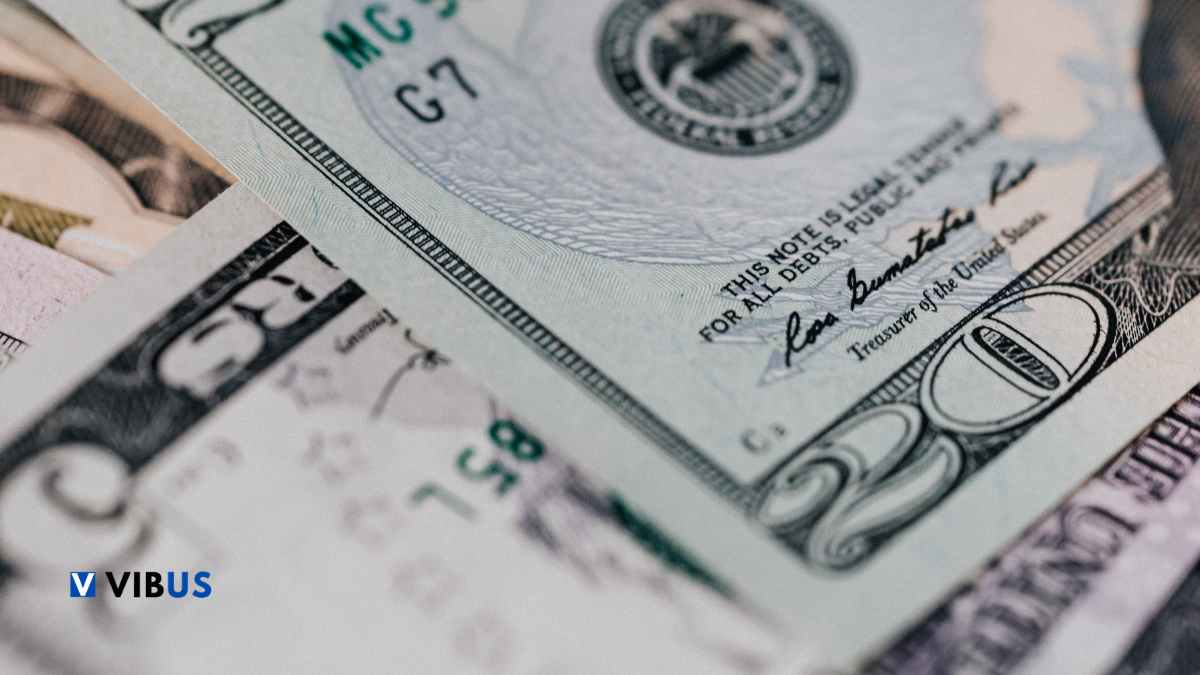In recent times, the term “stimulus check” has become a buzzword in the financial world. Stimulus checks have been a vital lifeline for millions of people during tough times. However, alongside the helpful information, there’s been a surge of fake news and misinformation. In this article, I will help you identify and avoid these pitfalls so you can make informed and safe decisions.
Exaggerations and Promises That Seem Too Good to Be True: If a news story promises exorbitant amounts of money easily and quickly, it is likely false. The real benefits of the stimulus check are clearly defined and provided through official channels.
How to identify fake news about the stimulus check
The first line of defense against fake news is learning to spot it. Here are some key points to differentiate between true and false information:
- Source of Information: Always verify the source. Official news about the stimulus check comes from government agencies, such as the Social Security
- Administration or the Internal Revenue Service (IRS). Be wary of information from unknown or unreliable sources.
- Grammatical and Spelling Errors: Fake news often contains such errors. An official article will be well-written and professional.
- Suspicious Links: Before clicking on any link, check its address. Official government websites generally end in .gov. If a link looks suspicious, don’t open it.
What to do if yoy receive doubtful information about the stimulus check
It is common to receive messages and emails that seem to come from reliable sources. However, it is crucial to act with caution:
- Do Not Share Personal Information: No official agency will ask for personal information, such as your social security number or bank details, through emails or text messages. If they do, it is probably a fraud attempt.
- Check Official Sources: If you have doubts about the accuracy of information, verify it on official government websites. The IRS and the Social Security
- Administration have dedicated sections for stimulus checks where you can find updated and accurate information.
Report Frauds: If you believe you have been targeted by a fraud attempt, report it immediately to the relevant authorities. This will protect not only you but also others who might be deceived.
Stay informed and safe
To stay up to date with the correct information about stimulus checks and avoid falling into traps, follow these tips:
- Subscribe to Official Newsletters: Many government agencies offer newsletters you can subscribe to for the latest news delivered directly to your email.
- Use Reliable News Apps: There are reputable news apps and websites that filter and verify information before publishing. Opt for these sources for your daily news.
- Join Safe Forums and Communities: There are many online communities where people share verified information about stimulus checks. Join these communities and participate actively to stay informed.
In summary, staying alert and being critical of the information you receive is essential these days. Stimulus checks are a valuable tool, but it is important to know how to access them safely. By following these tips, you can protect yourself and your loved ones from fake news and fraud.




